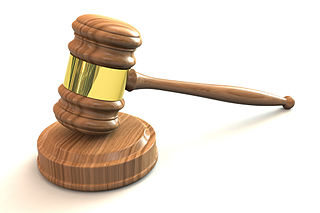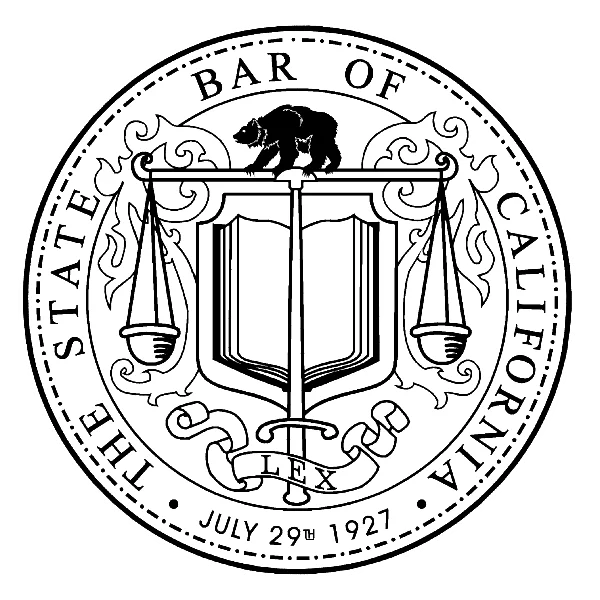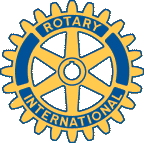Compensatory damages are meant to offset an injury sustained by an individual. Actual damages, or damages which reimburse an individual for out-of-pocket expenses, include monetary awards for medical expenses, property damage, and loss of income. General damages may also be awarded for pain and suffering, mental anguish, loss of consortium, and lost opportunity for the future enjoyment of life.
Medical Expenses
Serious injuries incur hefty medical bills; therefore, an injured person’s medical expenses constitute a significant portion of the damages to which he or she is entitled. Logic would dictate that the greater the amount of money owed for physician’s services, the greater the damages are to be sought. Future medical costs must also be factored into compensatory damages in the case of a long-term injury requiring significant rehabilitation or on-going treatment. An experienced personal injury attorney will be able to select the necessary experts to establish the need for future medical treatment as well as clearly determine the value of the plaintiff’s claim.
Property Damage
The plaintiff in a personal injury case may also be awarded damages for the replacement or repair of any property harmed in an accident. Automobile damage, for example, is a common occurrence in personal injury cases. In addition to the costs of repair and loss of value to the car, a plaintiff may also be able to receive compensation for damage to property contained within the car as well as reimbursement for obtaining substitute transportation during the repair period.
The valuation of property damage is a complicated process and may require the opinion of an expert appraiser. This professional will determine whether or not the property has been totally ruined or retains any salvage value whatsoever. If the property is useless, damages can be requested in the amount of its fair market value prior to the accident. If repair is an option, compensation for loss of use by the owner can be added to the cost of the repair itself. There are occasions when the cost to repair the property exceeds its replacement value and the damages are still limited to the fair market value of the property before loss. Other elements that can be factored into the property damage equation are interest and loss of profit, particularly in those instances in which the property is utilized in one’s employment.
Loss of Income
If the injury sustained by the plaintiff prevents him or her from working, compensation can be sought for the amount of money normally earned during that time period, otherwise known as “lost wages.” The injured person can also claim lost wages for any absences due to medical treatment of the injury. An injury severe enough to prevent a person from working for the remainder of his or her life may allow for damages to cover the loss of one’s future earnings. Finally, if a person dies due to an accident, family members can choose to sue for the lost income that the victim would have earned based on his or her age and current salary. Logically, a younger person has longer work-life expectancy and would therefore have a greater loss of future earnings in the event of an untimely death.
Pain and Suffering
The most personal element of an injured person’s experience is the amount of physical pain and suffering which he or she must endure. Each individual’s tolerance for pain is different which makes the quantification of suffering problematic, but certain factors can be measured accurately to document one’s discomfort level. For example, an experienced personal injury attorney will be able to collect information from the medical practitioners involved in the case regarding the amount of medication the injured person required, the types and length of treatments necessary, and the duration of the recovery period. In addition, the injured person’s spouse and/or nearest friends and relatives will be interviewed to ascertain the extent of change to the victim’s quality of life by comparing his or her condition and normal activities prior to and after the accident. It is an integral part of a victim’s case that any enjoyment of life that has been reduced due to an accident be brought forward and supported by witness testimony and evidence.
A person who suffers a more severe and painful injury that causes long-term or even permanent impairment will clearly have a more valuable claim in a personal injury case than an individual whose injuries are not as extensive. If the injury is indeed permanently disabling, experienced counsel will seek out expert testimony to support the victim’s claim and help determine the most suitable value of damages to be sought.
Mental Anguish and Emotional Distress
While mental anguish and emotional distress often exist concurrently with pain and suffering, the former are distinct in that they refer to mental responses to the trauma of a physical event. Common symptoms of mental anguish would include terror, shock, apprehension, confusion, humiliation, and sorrow. To try to stem the tide of personal injury lawsuits based solely upon mental anguish and emotional distress, some states have instituted strict guidelines such as the “zone of danger” test which takes into account how physically close the plaintiff was to the accident. Another limit placed upon such cases is the “physical manifestation rule” which requires that the emotional distress experienced by the plaintiff be exhibited by physical reactions such as depression, anxiety intense enough to cause ulcers, or loss of appetite and weight.
Loss of Consortium
Another type of damage that can be recovered in a case of severe and permanently disabling injury is that of loss of consortium, which refers to the inability of the victim to engage in the activities related to companionship with his or her spouse or loved ones at the level he or she once enjoyed. Although the damages awarded for loss of consortium are generally less than other types of compensatory damages, they can be significant in tragic cases of accidents which lead to severe impairment such as paraplegia.
Lost Opportunity
Lost opportunity damages are sometimes recoverable in addition to the damages sought for lost wages and loss of future earnings. These refer to a business opportunity that has been precluded due to an accident. It is imperative that the presentation of such a claim is supported clearly and not purely conjectural as this could damage the credibility of the case as a whole and cause a jury to reject the more substantial damages sought by the plaintiff.
[trx_button type=”square” style=”global” size=”banner” fullsize=”no” link=”https://cibulalaw.com/contact-us/” popup=”no”]Contact us for a consultation[/trx_button]








